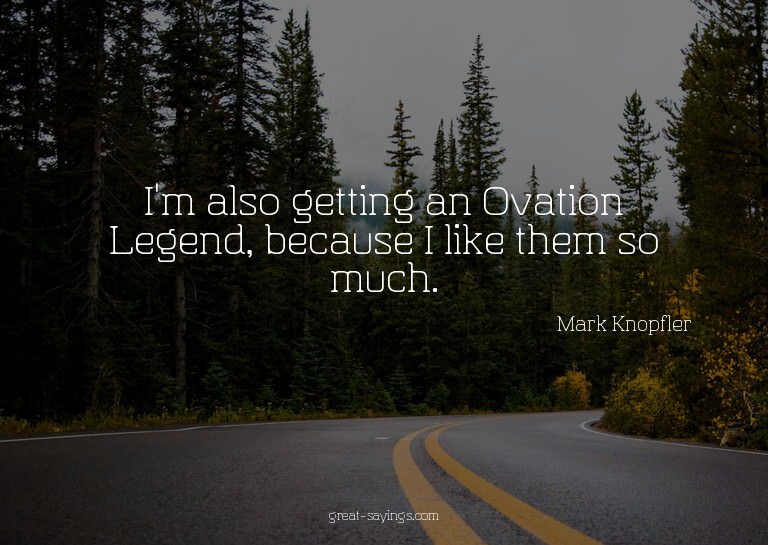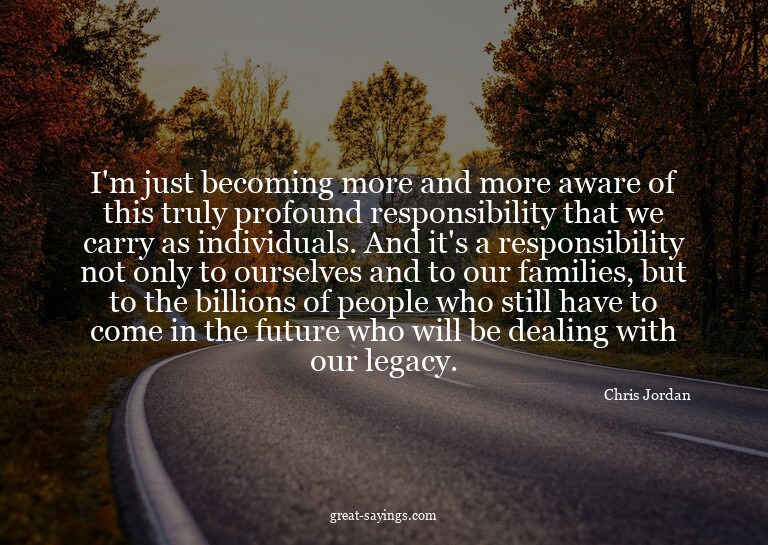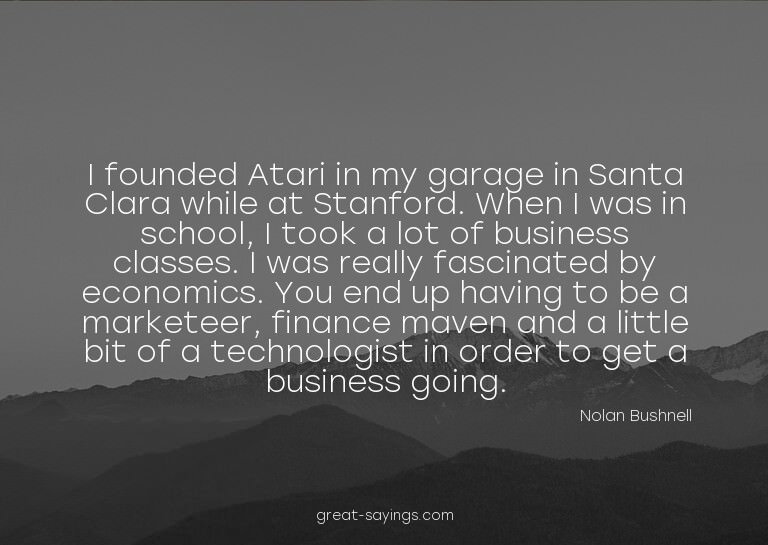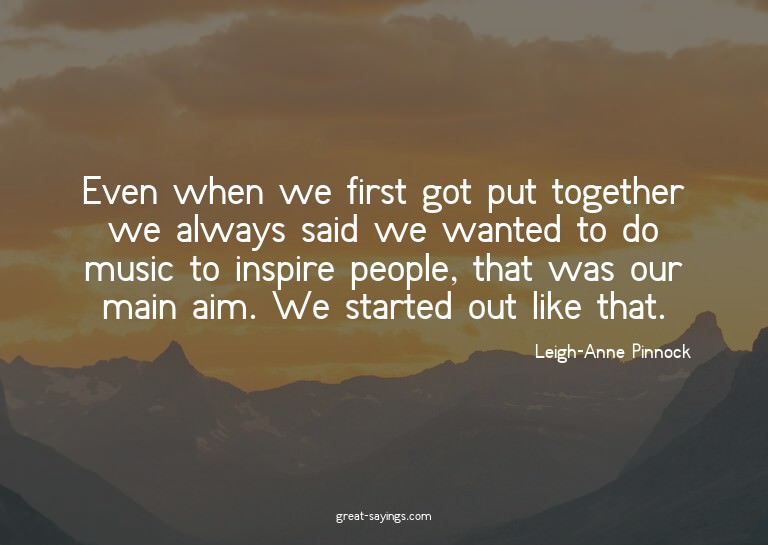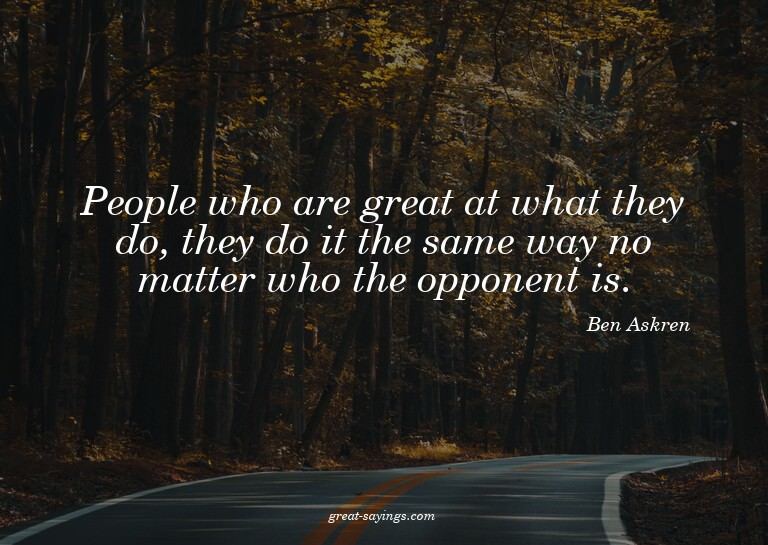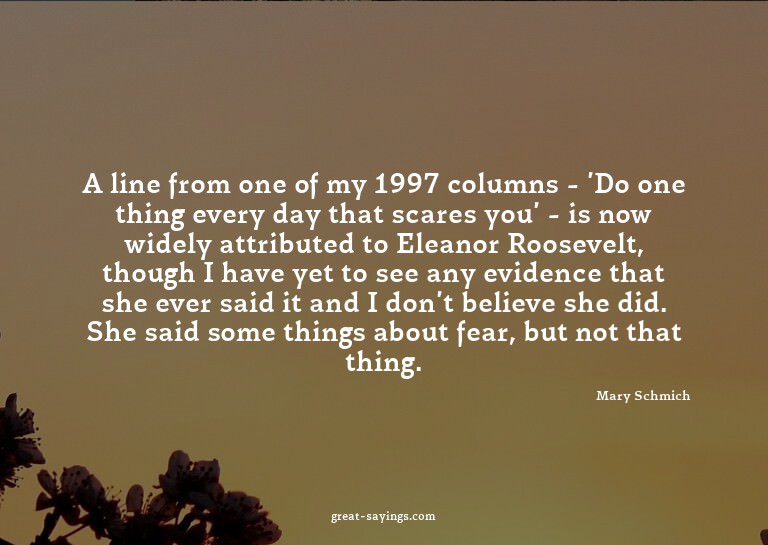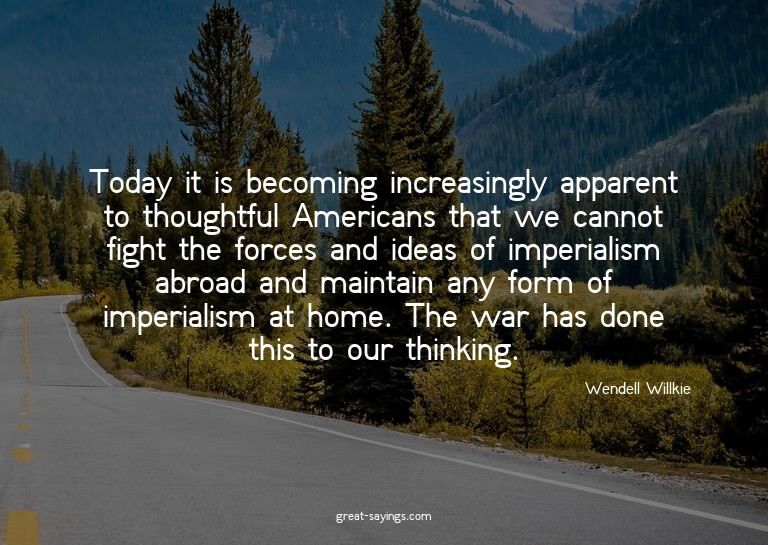Words matter. These are the best Kevin Kelly Quotes, and they’re great for sharing with your friends.
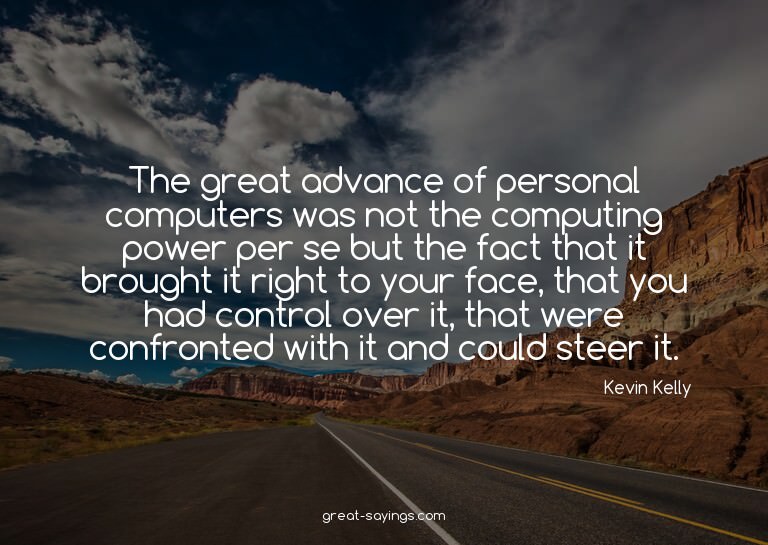
The great advance of personal computers was not the computing power per se but the fact that it brought it right to your face, that you had control over it, that were confronted with it and could steer it.
Managers tend to treat organizations as if they are infinitely plastic. They hire and fire, merge, downsize, terminate programs, add capacities. But there are limits to the shifts that organizations can absorb.
When a system is in turbulence, the turbulence is not just out there in the environment, but is a part of the organization or organism that you are looking at.
We tend to think of the mind of an organization residing in the CEO and the organization’s top managers, perhaps with the help of outside consultants that they call in. But that is not really how an organization thinks.
But in fact, when you try to model that on a computer you find that because of the very structure of matter and of the chemical bonds that are the basis of every organism, evolution is not random at all. It will tend to follow certain paths.
The nature of an innovation is that it will arise at a fringe where it can afford to become prevalent enough to establish its usefulness without being overwhelmed by the inertia of the orthodox system.
It’s generally much easier to kill an organization than to change it substantially.
All imaginable futures are not equally possible.
The most certain thing you can say about the environment tomorrow is that it probably is going to be just like today, for the most part.
But in a turbulent environment the change is so widespread that it just routes around any kind of central authority. So it is best to manage the bottom-up change rather than try to institute it from the top down.
This is actually a very important principle that science is learning about large systems like evolution and that futurists are learning about anticipating human society: just because a future scenario is plausible doesn’t mean we can get there from here.
Organizations get invested into a particular product. And sometimes the best thing is to stop making that product, even though it’s profitable, because it has optimized at a local peak.
Each system is trying to anticipate change in the environment.
It has become evident that the primary lesson of the study of evolution is that all evolution is coevolution: every organism is evolving in tandem with the organisms around it.
It’s more along the lines of raising a child: we train the system to a certain range of behaviors that we find most useful. But then we let it go, because we don’t want to have to be babysitting it the whole time.
Complexity that works is built up out of modules that work perfectly, layered one over the other.
Basins of attraction, of self organization, show up as well in our complex social environment, in human organizations. Here again, while we cannot predict the result of any given input, we can say that it will likely fall within one of several areas.
The way to build a complex system that works is to build it from very simple systems that work.
A brain is a society of very small, simple modules that cannot be said to be thinking, that are not smart in themselves. But when you have a network of them together, out of that arises a kind of smartness.
Species go extinct because there are historical contraints built into a given body or a given design.
In a broad systems sense, an organism’s environment is indistinguishable from the organism itself.
One of the functions of an organization, of any organism, is to anticipate the future, so that those relationships can persist over time.
Each organism’s environment, for the most part, consists of other organisms.
Managing bottom-up change is its own art.
The most interesting thing about change in the environment is that for the most part the environment isn’t changing.
An organization’s reason for being, like that of any organism, is to help the parts that are in relationship to each other, to be able to deal with change in the environment.
Technological advances could allow us to see more clearly into our own lives.
An organization’s intelligence is distributed to the point of being ubiquitous.
The current understanding was that it was impossible to predict how something would evolve because it was a very turbulent environment full of things interacting with each other.
An organization is a set of relationships that are persistent over time.
Much of outcomes research is a systematic attempt to exploit what is known and make it better.
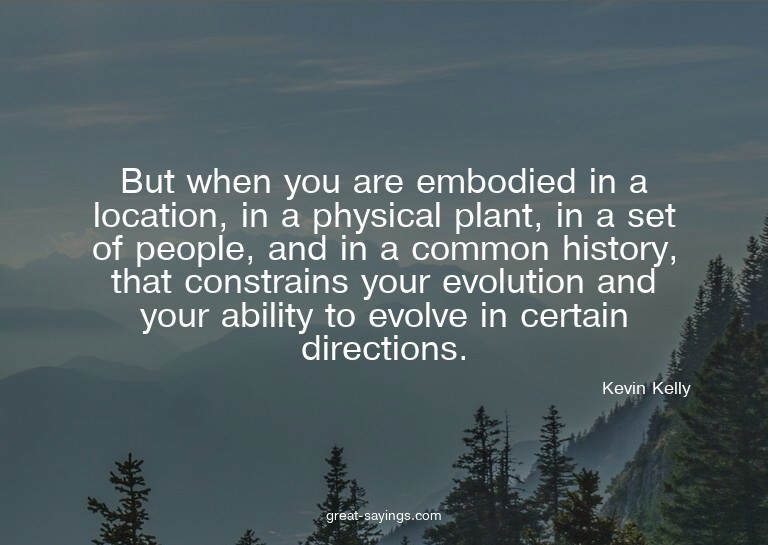
But when you are embodied in a location, in a physical plant, in a set of people, and in a common history, that constrains your evolution and your ability to evolve in certain directions.
Organisms by their design are not made to adapt too far.

